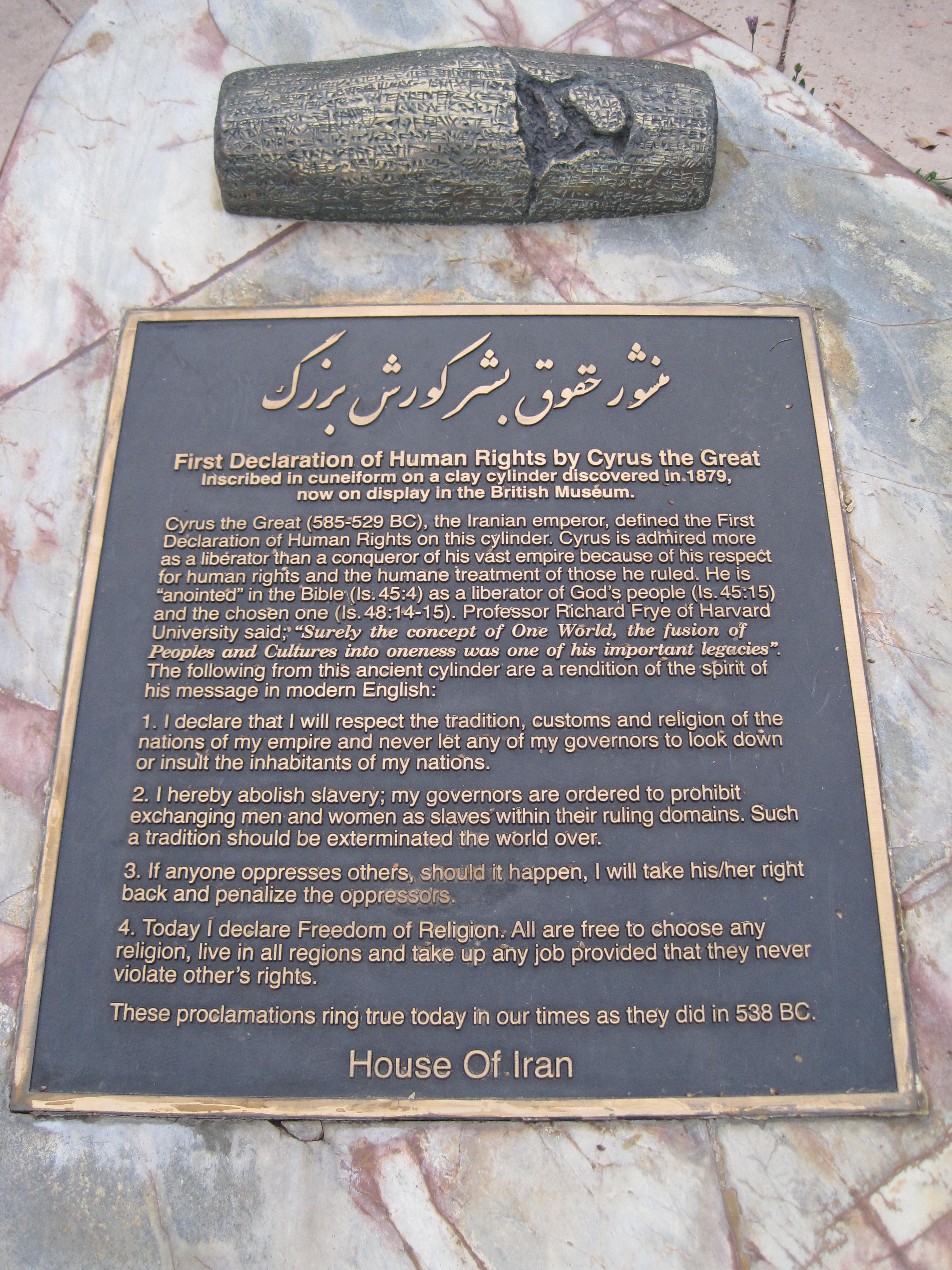- Details
- Written by: Kamran Mofid
- Hits: 3937
“I am the founder of Pro-Business Against Greed. I was managing director of a public company, Greggs the bakers, for 24 years. I believe in taking a long-term view – building a business for the benefit of consumers, employees and shareholders – and being of benefit to society as a whole. For me, this is the moral and sensible justification for business's existence in our civilisation. Unfortunately, this view of business has been largely undermined by the growth in excessive rewards and greed – the "because I'm worth it" attitude.”…
'If executive pay halved, it would still be generous' - Pro-Business Against Greed
The former chief executive of Greggs tells why he has pledged to use his retirement to fight excessive boardroom pay
- Details
- Written by: Kamran Mofid
- Hits: 8106
Despite being the home of one of the world's most ancient civilisations and cultures, very sadly today modern Iran is one of the world's most misunderstood countries. The significant contribution of this great civilisation to the progressive development of science, technology, arts, architecture, literature, poetry and human rights (The Cyrus the Great Cylinder) and more cannot be over emphasised. Therefore, this confusion and misunderstanding is indeed tragic for all concerned. It goes without saying that a better understanding of Iran and Iranians is an essential pre-requisite for more harmonious international relations and the dialogue of civilisations for the common good.
For a A- Z of Persia and modern Iran, see:
The A-Z of Iran: part I and II
The New Statesman’s A-Z guide to the Islamic Republic of Iran — a complex nation’s rich history, culture, economy and politics:
http://www.newstatesman.com/world-affairs/world-affairs/2012/06/z-iran-part-1
The Cyrus the Great Cylinder

The Cyrus the Great Cylinder is the first charter of right of nations in the world. It is a baked-clay cyliner in Akkadian language with cuneiform script. In 1971, the Cyrus Cylinder was described as the world’s first charter of human rights and it was translated into all six official U.N. languages. A replica of the cylinder is kept at the United Nations Headquarters in New York City in the second floor hallway, between the Security Council and the Economic and Social Council chambers. Passages in the text of cylinder have been interpreted as expressing Cyrus’ respect for humanity, and as promoting a form of religious tolerance and freedom; and as result of his generous and humane policies, Cyrus gained the overwhelming support of his subjects.
Read more: The Cyrus the Great Cylinder
- Details
- Written by: Kamran Mofid
- Hits: 5025
Grand Pursuit: the Story of Economic Genius
Reviewed by John Gray
Those familiar with my writings know well about my respect for economics as it was, a branch of moral philosophy, and my scorn and dislike for economics as it has become, a moral/spiritual-free zone. Therefore, it should come as no surprise that I wish to share this excellent book review by John Gray with you. Please find time to read it, and be inspired by it.
“As Nasar demonstrates, the subject has been shaped as much by ideological fantasy and overweening theoretical constructions as by empirical inquiry. Few economists anticipated the financial crisis or believed that a dislocation on the scale the world has suffered was even remotely possible. Equally, because history - even the history of economics - is no longer seen as central to the profession, very few economists have had anything of interest to say about how to deal with the difficulties that have followed. This only confirms the continuing accuracy of Stigler's indictment of a hollow discipline. When you are struggling to stave off a global disaster, there isn't a great deal to economics.”- John Gray
…”There really isn't a great deal to economics, considered as a logical structure based on a few indisputable axioms about the world. If one cuts oneself off from two generations of immensely varied and instructive empirical research, and if one thinks economic history has no relevance to economic theory, then one is indeed left with a hollow discipline."- George Stigler
Writing in 1963, Stigler reached this judgement in a review of Joan Robinson's book Economic Philosophy. Robinson, whom Stigler described as "a superior logician", fused the "indisputable axioms" of economics with the ideological prejudices of the time…
- My Guest Bloggers Steve Szeghi, Jamshid Damooei and I- Promised Land Revisited: Forgive our debts as we forgive our debtors
- "Caritas in veritate"(Charity in Truth):Economics and Theology Together Again
- Look All Around You and Pursue the Common Good
- Higher Education Sustainability Initiative for Rio+20
- Fifty Years After Silent Spring
